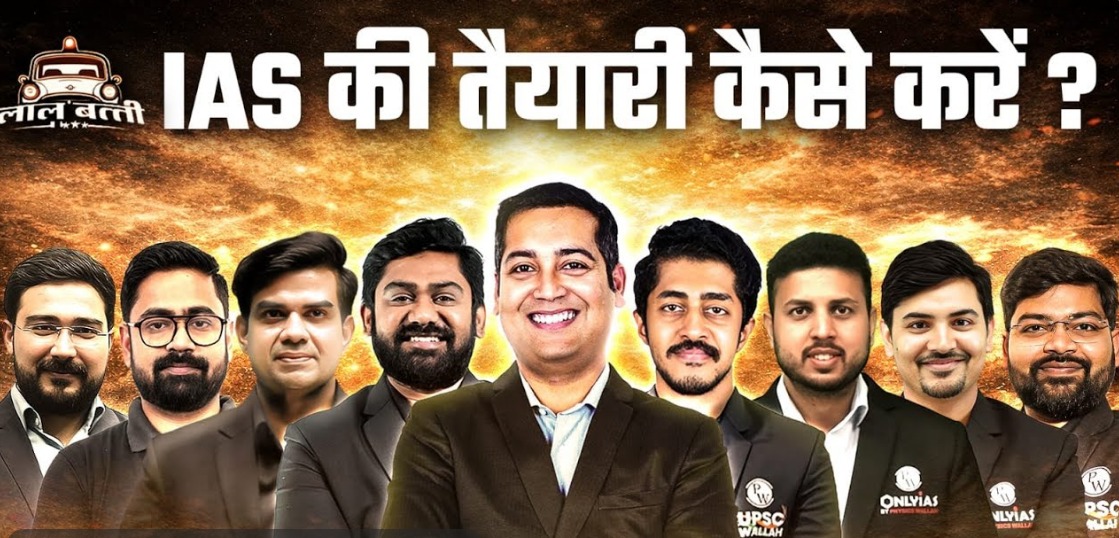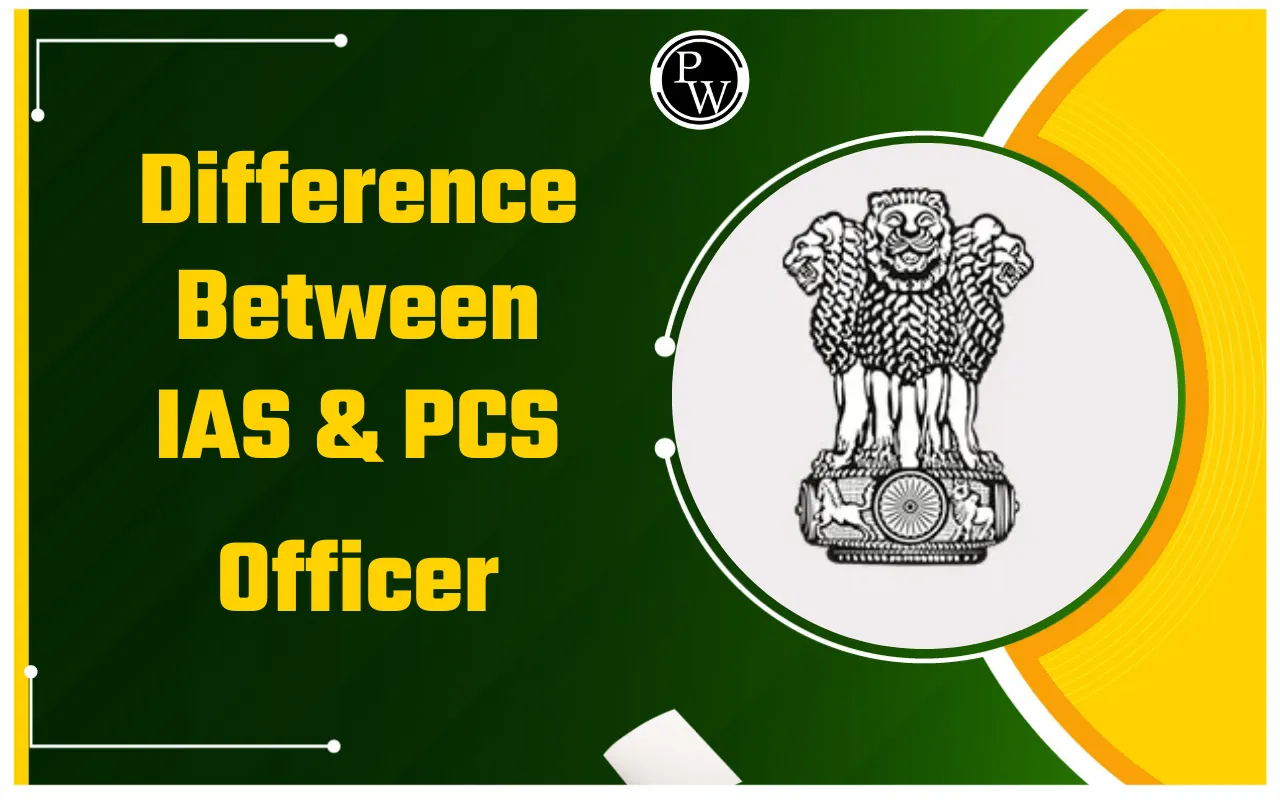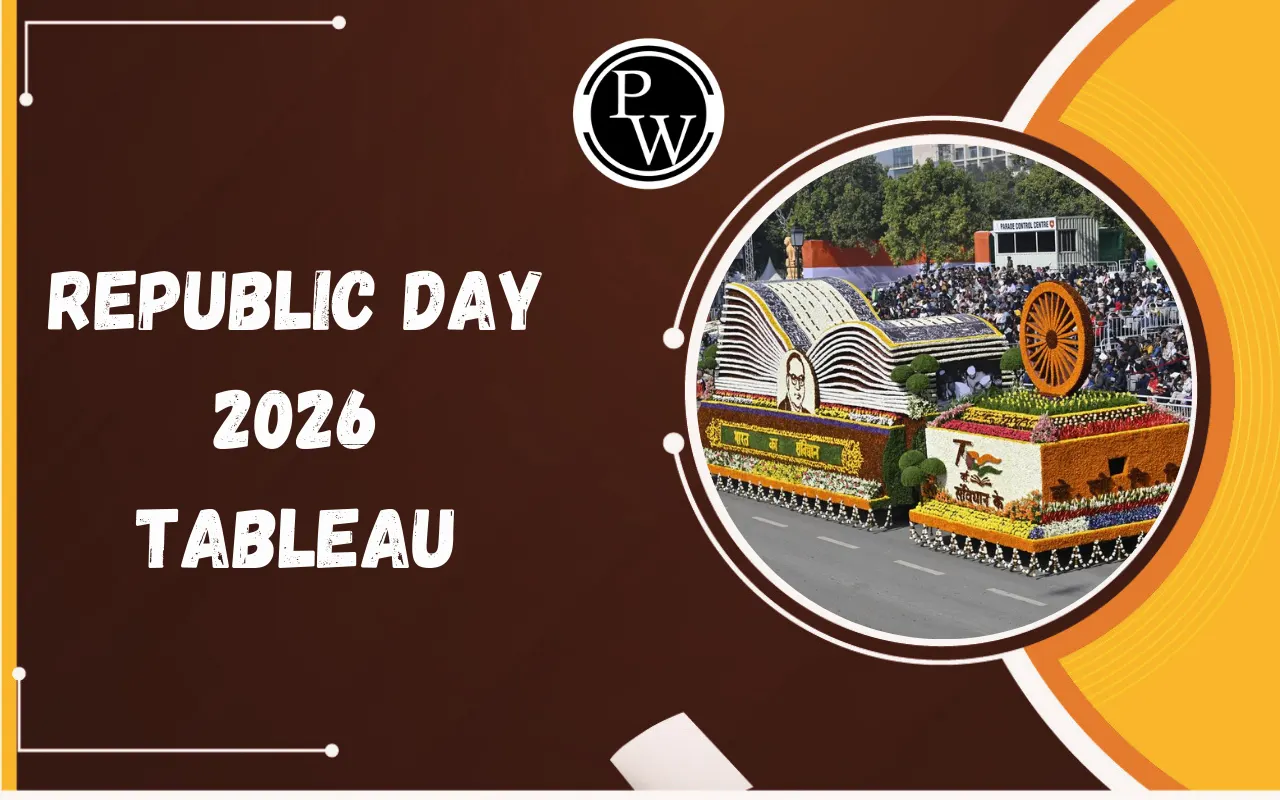
UPSC Dogri Literature Syllabus is one of the important syllabus for UPSC Mains Optional. It has two papers consisting of 250 Marks for each of the optional subjects. Paper 1 deals with the historical development, great works, and linguistic features of Dogri literature, and Paper 2 is on contemporary literary contributions and literary analysis. Dogri, an Indo-Aryan language primarily spoken in the Jammu region of Jammu and Kashmir, is also found in certain areas of Himachal Pradesh and Punjab. In this article, we have discussed the Dogri Syllabus 2025, and a direct link has been provided.
UPSC Dogri Syllabus 2025
Dogri literature, rooted in the cultures of Jammu and Kashmir, Himachal Pradesh, and Punjab , reflects the rich heritage and linguistic diversity of the Dogri language. From ancient times, Dogri has evolved through various stages, shaping its characteristic features and linguistic boundaries. With a sound structure covering segmental and non-segmental elements, along with a diverse vocabulary , Dogri exhibits a unique syntax and sentence structure . Developments in Dogri literature span pre-independence poetry and prose to modern trends in poetry, short stories , novels , drama , and prose works like essays and travelogues . Eminent poets and writers, both from the past and contemporary times, have significantly contributed to the richness of Dogri literature. Let us have a look at the Complete Dogri Literature Optional Syllabus:|
Overview of UPSC Dogri Optional Syllabus |
||
|
Mains Papers |
Subject |
Marks |
|
Paper VI |
Dogri Literature Optional Paper 1 |
250 |
|
Paper VII |
Dogri Literature Optional Paper 2 |
250 |
|
TOTAL |
500 |
|
|
Time Duration |
3 hours |
|
UPSC Dogri Literature Optional Syllabus for Paper 1
The Dogri Literature Optional Paper I covers the development of the Dogri language, including its phonetic structure, word formation, and sentence construction with scripts like Dogre/Dogra Akkhar , Devanagari , and Persian being used. It also provides the opportunity to analyse Dogri folk tales and the significant works of literary figures, thereby gaining a thorough insight into Dogri culture and its literary legacy. The Table below contains the Complete UPSC Syllabus of Dogri Literature Optional Paper I for UPSC Mains Exam: Paper 1: History of Dogri Language And History of Dogri Literature| Section A: History of Dogri Language |
|
| Section B: History of Dogri Literature |
|
UPSC Dogri Literature Optional Syllabus for Paper 2
Dogri Literature Paper II covers poetry and prose, from pre-independence to modern times. In its poetic realm, figures like Devi Ditta , Padma Sachdev , and Jitendra Udhampuri have left lasting impressions with their verses. Short story writers such as Madan Mohan Sharma and Ved Rahi have enriched Dogri prose with their narratives. While novels by Desh Bandhu Dogra Nutan and plays by Mohan Singh add depth to Dogri literature, reflecting the cultural richness and diversity of the region. The Table below contains the Complete Syllabus of Dogri Literature Optional Paper II for UPSC Mains Exam :Paper 2: Prose, Drama, and Other Writings
| Section A: Poetry |
|
| Section B: Prose |
|
UPSC Dogri Literature Optional Exam Pattern 2025
The UPSC exam pattern of Dogri Literature Optional is as follows:- The UPSC main exam is divided into two papers, i.e., Paper-1 and Paper-2.
- Both Paper I and Paper II carry 250 marks each, for a total of 500 marks for the Dogri Literature optional papers.
- In both Paper I and Paper II of Dogri Literature, optional candidates have to attempt FIVE questions in all. THREE hours are allotted to attempt each paper.
- Ques. 1 and 5 from both papers are compulsory to attempt, and out of the remaining questions, THREE (3) are to be attempted, choosing at least ONE (1) question from each Section.
| Dogri Literature Optional Exam Pattern | |
| Particular | Details |
| Total Papers | Two papers, Paper I and Paper II |
| Total Marks | 500 (250 Each) |
| Time allowed | 3 Hours for each paper |
| Sections | Section A and Section B |
| Questions | total 8 questions with subparts |
| Compulsory Question | Question Nos. 1 and 5 |
| Marks Distribution | 10, 15, and 20 marker questions |
UPSC Dogri Syllabus 2025 PDF Download
Candidates can download the UPSC Dogri Literature Syllabus 2025 PDF, which is released by the Union Public Service Commission in PDF format. A direct link has been provided below.
Download UPSC Dogri Syllabus 2025 PDF
Dogri Literature Optional Books for UPSC Mains
Below is the list of books for Dogri Literature Optional Papers I and II for the UPSC Mains Exam: Along with the below books, other literature mentioned in the syllabus has to be studied .
Dogri Literature Optional Books For Paper 1: Poetry
- Azadi Paihle Di Dogri Kavita (Dogri Poetry Before Independence)
- Modern Dogri Poetry Azadi Bad Di Dogri Kavita (Dogri Poetry After Independence):
- Sheeraza Dogri Number 102, Ghazal Ank (Sheeraza Dogri Issue 102, Ghazal Special)
- Sheeraza Dogri Number 147, Ghazal Ank (Sheeraza Dogri Issue 147, Ghazal Special.
Dogri Literature Optional Books For Paper 2: Prose, Drama, and Other Writings
- Ajakani Dogri Kahani (Short Dogri Stories)
- Ajakani Dogri Kahani Part-II (Short Dogri Stories Part-II)
- Khatha Kunj Bhag II (Storytelling Corner Part II)
- Meel Patthar (Milestone): This could be a novel, collection of essays, or another type of Dogri prose writing.
- Kaiddi (Prisoner) by Desh Bandhu Dogra Nutan: This is a Dogri novel.
- Nayaan (Drama) by Mohan Singh: This is a Dogri play.
- Satrang (Seven Colors): This is likely an anthology of Dogri one-act plays by various writers.
- Dogri Lalit Nibandh (Beautiful Dogri Essays): This collection features essays written in Dogri.
How to Prepare for UPSC Dogri Literature Optional?
Preparing for the UPSC (Union Public Service Commission) examination with Dogri Literature as an optional subject requires a structured approach and dedication. Here's a guide to help you prepare:- Understand the Syllabus: Obtain a copy of the UPSC syllabus for Dogri Literature optional. Familiarise yourself with the topics and subtopics mentioned in the syllabus. This will give you a clear direction for your preparation.
- Study Material: Gather relevant study material such as textbooks, reference books, literary works, and previous years' question papers. Make sure to choose books that cover the entire syllabus comprehensively.
- Read Dogri Literary Works: Read Dogri literary works extensively. Focus on both classical and contemporary literature. Make notes on important themes, characters, authors, and literary devices used in these works.
- Language Proficiency: Enhance your proficiency in the Dogri language. Practice writing essays, comprehension passages, and translations in Dogri. Regularly read Dogri newspapers, magazines, and online articles to improve your vocabulary and comprehension skills.
- Analyse Literary Criticism: Study literary criticism and scholarly articles related to Dogri literature. Understanding different critical perspectives will help you analyse literary texts more effectively.
- Take Mock Tests: Practice answering UPSC previous years' question papers and take mock tests specifically designed for Dogri Literature. This will help you understand the exam pattern, improve time management skills, and identify areas that require further revision.
- Uniqueness to the Answer: Read questions properly, and answer what is being asked in the question without going off track. If possible, try to use other language literature references to enrich your answer, which will add uniqueness to your answer.
- Revision and Consolidation: Revise regularly to reinforce your understanding of Dogri literature. Focus on memorising key literary works, authors, and critical concepts. Make concise notes for quick revision before the exam.
Advantages of Choosing Dogri Literature optional for UPSC Mains Exam
Following are the advantages of choosing Dogri Literature Optional for the UPSC Mains Exam:- Reduced Competition: Opting for Dogri literature as opposed to more popular choices like Hindi or English Literature means facing potentially fewer competitors, giving you an opportunity to distinguish yourself.
- Passion-driven Preparation: If you're truly interested, studying Dogri literature and its rich cultural world can be exciting and rewarding. A genuine passion for this subject can help you stay motivated and focused while preparing.
- Emphasis on Writing Proficiency: Mastering answer writing during your preparation can prove advantageous not only in this optional but also in other sections of the UPSC exam, such as essay composition and answer writing in General Studies papers.
- Clear Syllabus: The syllabus for Dogri Literature remains relatively stable and well-defined over time, offering you a focused direction for your studies with minimal changes to navigate.
- Distinctive Insight: Understanding Dogri literature gives you a unique perspective on Indian culture and society. This can help you provide more detailed answers in different parts of the UPSC exam.
Disadvantages of Choosing Dogri Literature optional for UPSC Mains Exam
Following are the advantages of Choosing Dogri Literature Optional for UPSC Mains Exam:- Scarce Resources: When it comes to Dogri Literature, locating study materials and coaching services tailored to this subject can be challenging compared to more popular elective courses. As a result, you may find yourself relying more heavily on self-study and conducting independent research.
- Minimal Synergy with General Studies: Dogri Literature content may not directly correlate with the General Studies sections of the UPSC exam. Consequently, you'll need to allocate additional time to prepare thoroughly for both areas.
- Subjective Evaluation: Given the interpretive nature of literary responses, there's a possibility that your answers may not perfectly align with the evaluator's perspective, potentially impacting your overall score.
- Language Proficiency: A solid grasp of the Dogri language is essential for comprehending literary works and effectively articulating your thoughts during the exam. If Dogri isn't your native tongue, attaining fluency may demand extra dedication.
- Limited Access to Coaching: Locating coaching institutions specialised in Dogri Literature may prove challenging compared to more mainstream options.
UPSC Dogri Literature Syllabus 2024 FAQs
Which optional literature is best for UPSC?
Which is the most popular optional subject in UPSC?
Is English Literature a scoring optional?
Which is the shortest optional in UPSC?

UPSC Coaching






